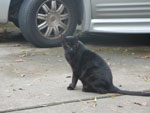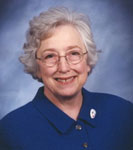It would be nice if a cheerleader handed you a hot cup of coffee every morning as your feet hit the floor, and it would be even better if she cheered you on, “A great day! You can do it,” meaning whatever the it of the day is. Encouragement does a lot for us.
Encouragement is a thread running through my book The Reluctant Immigrant. Rika, the immigrant, found herself driving a team of oxen 200 miles to get her mother and sister to New Braunfels, Texas. Never in her wildest dreams did she consider she could do it. If ever anyone needed encouragement, she did. And several persons along the way saw potential in her and used it as encouragement. Frau Kellerman who had lost an arm but could cook and nurse told Rika, “You can do it! What is, is. What you must, you will!” And when Rika made a very difficult choice, Aunt Mathilde said, “A good choice . . . You are strong, and you will make it.”
We wish someone would say to us as they said to Rika, “You can do it. I know you can.” Or maybe we wish someone would just know that we are struggling or need an encouraging word. We need someone to notice, and maybe we can take on the pleasure of noticing the struggles of other people. Today you may have the opportunity to say to someone, “Good for you. Well done.” Or you might say, “You can do it. You have perseverance and talent or . . . ”
You may not think of yourself as an encourager, but you probably are. You can do it.

